The need for water softeners on farm water can be similar to using one on municipal water, but many times private water supplies will be harder and make a water softener more needed.
Softeners have been installed on farm water systems for many years and have been working well. An issue that has been raised many times is whether or not the discharge poses a problem with septic systems.The plumbing code in Alberta allows for discharge of a water softener into a septic system, but recommends using potassium chloride to recharge the softener. Many studies have been done over the years. The Water Quality Research Foundation recently announced the results of a major study. “The data indicate that the use of efficiently operated water softeners improves septic tank performance, while the use of very inefficient home softeners may have a negative effect on solids discharge to the drain field and the level of impact will depend on the level of hardness in the water, whether the regeneration waste is discharged to the septic tank, and the amount of excess sodium present in regeneration wastes.” Here’s a link to the study. Comprehensive independent studies have also shown many other practical advantages: Saving energy and money, reducing the use of harmful detergents, and keeping our landfills a little less full. So if you have a farm water system, you can be confidant that you can install it now.

